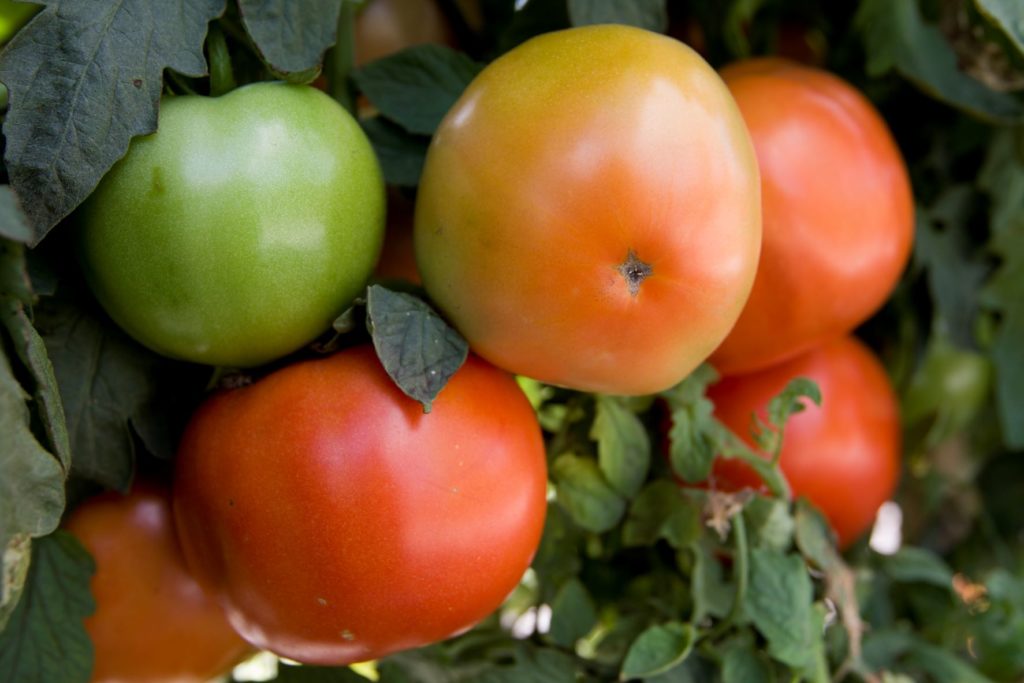
An increase of Mexican tomato exports leads to decreased prices for U.S. producers.
University of Florida (UF) research confirms that if imports increase by 50% in the coming years, it would cost farmers as much as $252 million per year. This equates to 27% in revenue.
That decline is due to competition from Mexico and other challenges, said Zhengfei Guan, an associate professor of food and resource economics at the UF Institute of Food and Agricultural Sciences.

Guan published research on the consequences of intensifying Mexican competition for American growers. The market positions of Mexican and domestic tomato industries reversed over the past 20 years. Mexico dominates the U.S. market with three times more market share than the domestic industry.
“The two countries had a series of trade disputes over fruit and vegetables recently,” he said. “One reason is that surging imports from Mexico boosted by subsidies have depressed prices, and American growers are quickly losing market shares.
“The findings from our study will provide tomato producers and policy makers with important insights on the challenges and the sustainability of the U.S. tomato industry.”
Results of Guan’s research show that prices of domestic tomatoes are particularly sensitive to imports from Mexico in an increasingly saturated market.
The imports are especially damaging to the Florida tomato industry which has about $400 million in sales and has the same harvest seasons as Mexico. West-central, southwest and southeast Florida are the biggest tomato-producing areas in the Sunshine State.
“But all may not be lost, if the U.S. fruit and vegetable industry could revolutionize the production technology,” said Guan. “Mechanization or automation will be a game changer and is the future for this labor-intensive industry.”









